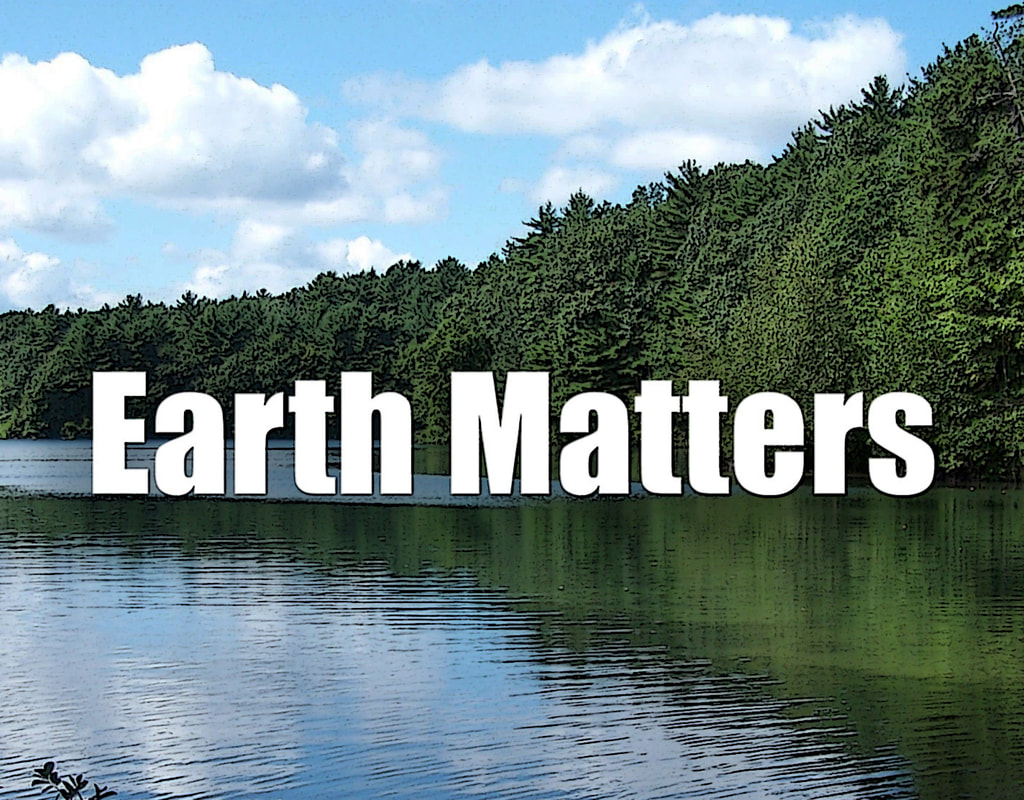|
Too often, Americans use (and misuse) toxic products and don't even realize they are doing so. Raising awareness about these products will help us handle them in a safer manner and reduce how much of them we use. While Rachel Carson's legendary book, Silent Spring initially raised concerns about pesticides in the sixties, several notable disasters brought toxic chemicals into the headlines in the seventies and eighties.
One of the most notable Incidents was the poisoning of the Niagara Falls neighborhood, Love Canal. Even here in Blair County, chemical dumps left by the railroad were uncovered at Altoona's Easterly Sewage Treatment Plant and at the Sam Rea Shops in Hollidaysburg. These and other chemical exposures and related health problems prompted the passage of both federal and state laws regulating them. Their manufacturing, use and disposal became stringently regulated and the most toxic were outlawed all together. Much good has come from these regulations and industry has handled these materials more carefully, while decreasing production of many of them. Less toxic alternatives have been developed in further response to these restrictions and concerns from the public. The move toward VOC-free paint is a perfect example. Despite many positive developments, we should still pay attention to what we do in our own homes, gardens and workplaces. Here is a list of some things to keep in mind when dealing with hazardous materials.
0 Comments
Your comment will be posted after it is approved.
Leave a Reply. |
Hazardous Chemicals
Vinyl Chloride
Drugs & the Environment The Dangers of the Rail The Town Erased by PCB Hazardous Waste: Being Smarter PCBs Live On Other Categories
|
|
All Original Material - Copyright © - All rights reserved. No part of this site may be used without written consent. Email John with questions.
Site Powered by Weebly. Managed by Brush Mountain Media LLC. |
© COPYRIGHT
2010-2023. |

